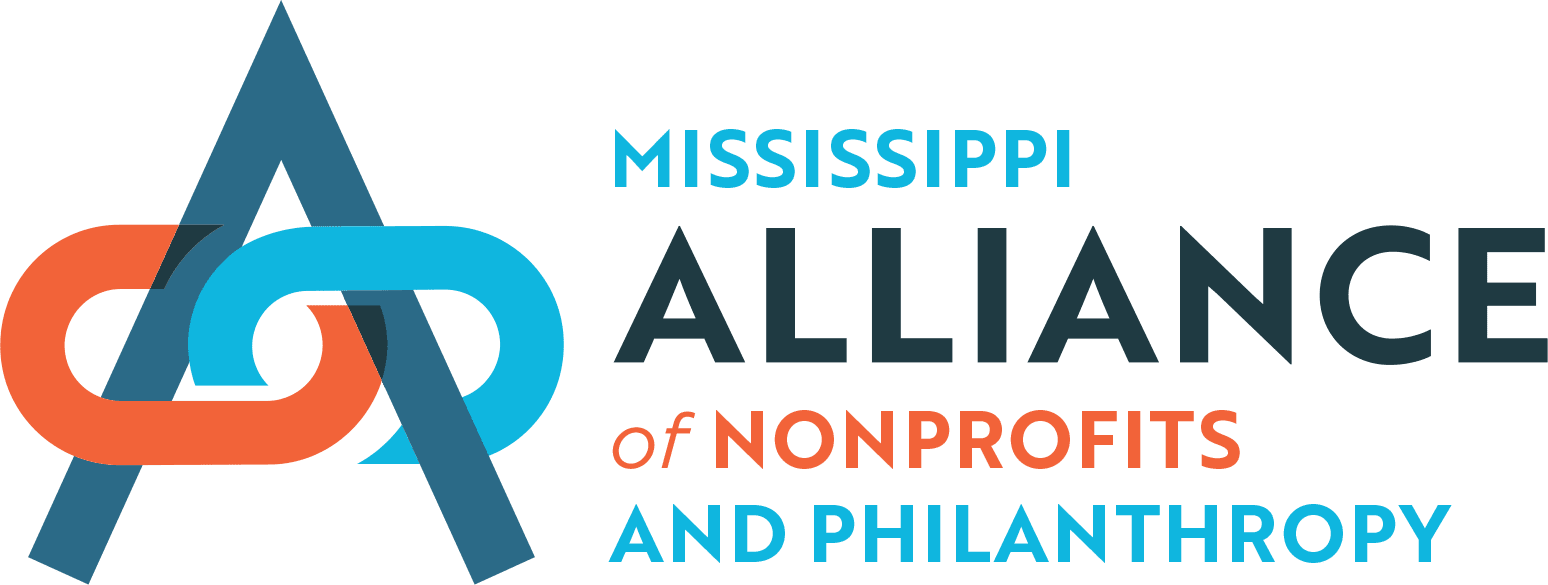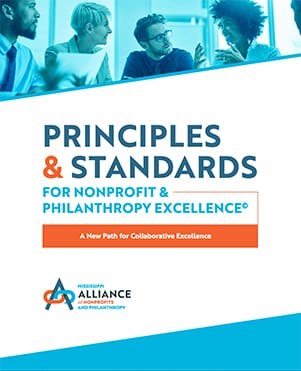Principles & Standards
For Nonprofit & Philanthropy Excellence
The 12 Accountability Principles
2. Evaluation
About
1. Nonprofits and philanthropies should have defined, ongoing and sustainable procedures in place for gathering information and evaluating programs, procedures, and outcomes in relation to mission.
2. Nonprofits and philanthropies should take into account and respond to the experience, needs, and satisfaction of the constituents they serve in their programming and service endeavors and provide a grievance procedure to address complaints.
3. Nonprofits and philanthropies should conduct program evaluations in ways that are culturally sensitive and appropriate for the community served. FS
4. Outcomes measurement strategies should inform the operational plan and should be used to evaluate organizational effectiveness and continuous improvement. FS
5. Evaluation results should be used to strengthen and improve programs and activities by incorporating evaluation findings into strategic planning processes.
6. Performance measures should be realistic, specific, measurable and appropriate to the size and scope of the organization and its diverse constituents. FS
a. Measurement should include information on outputs, outcomes, results, and satisfaction thus, evaluations should be comprehensive enough to account for both program process and program impact. FS
b. Measurements may include both qualitative and quantitative data. FS
c. Measurement should include data on efficiency and effectiveness. FS
d. Evaluations should be conducted on a regular enough and appropriate basis to gauge progress toward program and organizational performance benchmarks. FS
7. Information that is collected from persons served must be kept confidential unless permission is given for release. FS
8. Evaluation should be ongoing and should include input from a wide variety of diverse stakeholders including staff, board, funders, community members, etc.
9. Evaluation results should be communicated to a broad range of diverse constituents including staff, board, clients, foundations, public, etc.
10. Nonprofits and philanthropies should share relevant lessons learned with other nonprofits and philanthropies and funding sources.
11. Organizations should strive to improve the evaluation skills of staff while utilizing external evaluators when appropriate and feasible. These evaluators should follow the National Guiding Principles for Evaluators set forth by the American Evaluation Association. (http://www.eval.org/ publications/guidingprinciples.asp)
12. Organizations should include realistic evaluation expenses in all project budgets.

